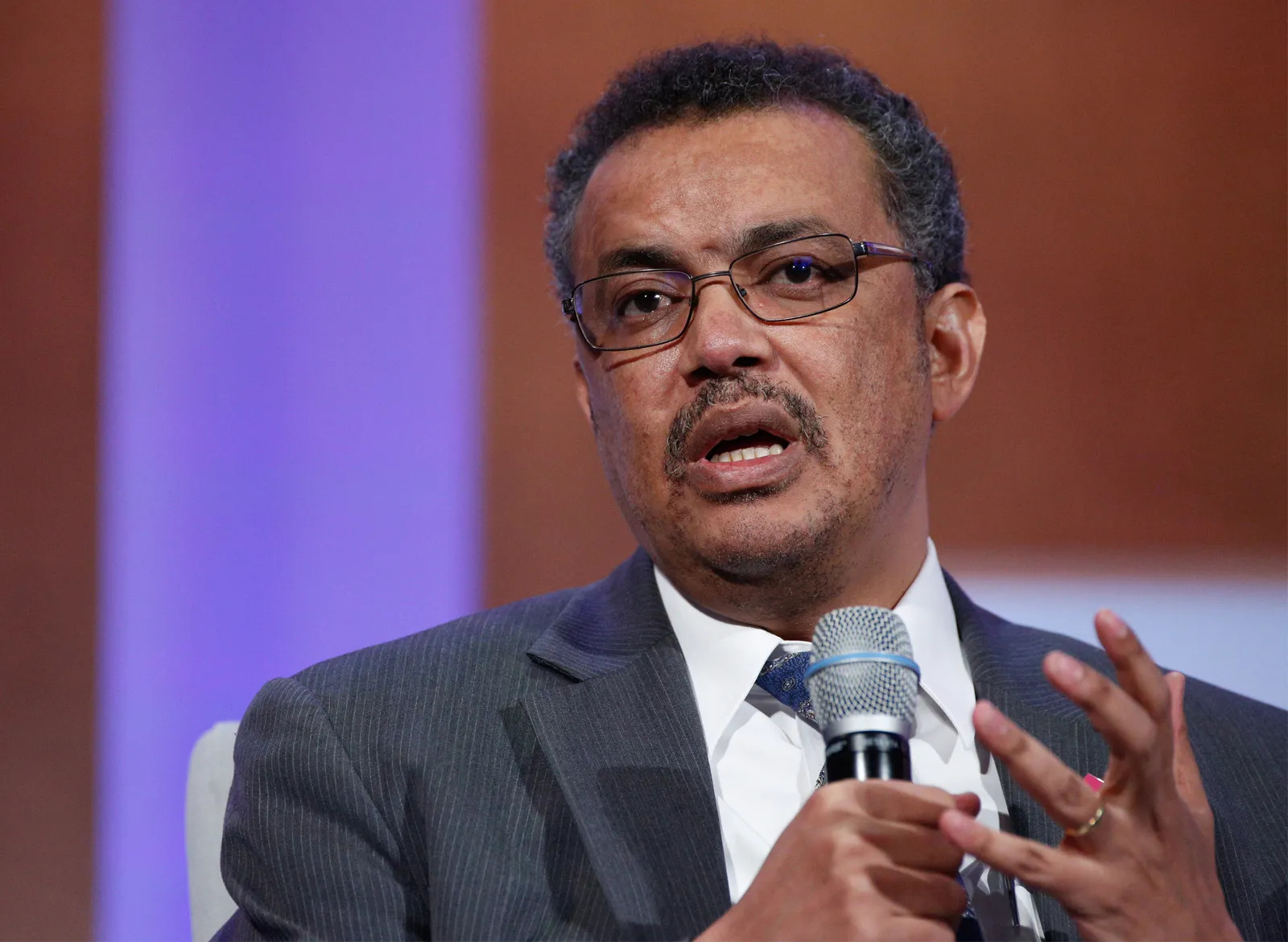Member states of the World Health Organization (WHO) have successfully concluded three years of negotiations aimed at establishing a comprehensive agreement to guide countries in managing outbreaks of infectious diseases with high prevalence worldwide.
The discussions began in December 2021 during the peak of the COVID-19 pandemic and highlighted the urgent need for a legally binding international instrument dedicated to enhancing preparedness and response for future pandemics.
The draft agreement, finalized in Geneva last evening, offers a framework focused on strengthening international collaboration, equity, and resilience against future global health threats.
Dr. Tedros Adhanom Ghebreyesus, WHO Director-General, expressed gratitude to the member states and their negotiating teams for their foresight, commitment, and tireless efforts.
He emphasized that reaching consensus on the Pandemic Agreement is not just a step toward making the world safer but also a testament to the power of multilateralism in a divided world.
Dr. Tedros looks forward to the World Health Assembly’s consideration and adoption of the agreement.
Several proposals were agreed upon during the negotiations, including establishing a pathogen access and benefit-sharing system, implementing concrete measures for pandemic prevention through a One Health approach, and building geographically diverse research and development capacities.
The agreement also emphasizes the importance of facilitating technology transfer for the production of pandemic-related health products, mobilizing a skilled national and global health emergency workforce, and setting up a coordinating financial mechanism.
Other key elements include strengthening health system functions and resilience, as well as establishing a global supply chain and logistics network.
This agreement represents a significant advancement in international public health policy and aims to enhance global readiness for future health emergencies.
End

